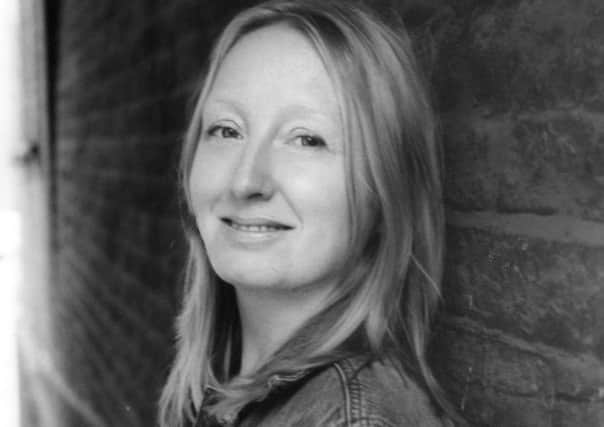Book festival round-up: Tania Kovats | Steve Trent | Barbie Latza Nadeau | Donal Ryan | Jackie Kay | Kamila Shamsie


On Thursday afternoon, she hosted three guests with very different “sea stories”. Steve Trent, the co-founder and executive director of the Environmental Justice Foundation, showed a film about the fishing industry in Thailand, one of the world’s major seafood producers, demonstrating how “slavery is alive and real, and nowhere more prominent than at sea”.
Depleted fish stocks have caused many in the industry in Thailand to turn to slave labour from neighbouring countries as a means of cutting costs, creating a largely unknown world of enslavement, brutality and even murder. Oceans can be beautiful, inspiring, majestic, but they are also frequently lawless, hard to police or monitor, a place where human rights abuses go unnoticed.
Advertisement
Hide AdAdvertisement
Hide AdHowever, Trent emphasised that small changes – lobbying our local supermarkets about the contents of their seafood aisle – do make a difference, and described EJF’s work in Sierra Leone, which has managed to eradicate much illegal over-fishing, and where signs of recovery are already in evidence.
Barbie Latza Nadeau, an American journalist who has written extensively about the migration crisis in Italy, told us about her latest book, The Road Map to Hell, which uncovers the trafficking of young Nigerian women across the Mediterranean to work in the sex industry in Italy. Promised jobs and new lives in Europe, they then find themselves locked into years of slavery to pay off debts to traffickers.
Kovats’s third guest was Irish novelist Donal Ryan whose latest novel, From A Lone and Quiet Sea, includes the story of a doctor from the Middle East who pays a trafficker to take him, his wife and daughter to Europe, only to find themselves in the crowded hold of a ship which has been abandoned by its captain and crew. Refugee
Tales 2, an innovative project by Gatwick Detainees Welfare Group, recruited top writers and paired them with refugees in order to tell their stories. Scots makar Jackie Kay and prize-winning novelist Kamila Shamsie shared their experiences of taking part in the project, while campaigning for a compulsory limit of 28 days on the detention of refugees and asylum seekers (currently, Britain is the only country in Europe to detain them indefinitely).
“It feels like part of a writer’s job in the 21st century is to bear witness,” Kay said, “to tell stories we don’t get to hear, give voice to voices we don’t get to hear from. If we ourselves have an ability to be heard, it is almost an obligation.”
However, as fiction writers, both felt their job was to do more than tell their subject’s story verbatim, but to use empathy and creativity to shape the story in a way which was both accurate and powerful.
The theme of slavery came up again on Thursday morning in an event in which Jane Harris, the best-selling Scottish author of The Observations and Gillespie & I, talked about her third novel, Sugar Money, inspired by a true story from the slave plantations of Grenada in the 18th century.
Advertisement
Hide AdAdvertisement
Hide AdIt’s a new direction for her, a book which has been described as “a rip-roaring adventure” with an “irrepressible” young Creole narrator, which also deals with brutality and touches on the Scottish involvement in the slave trade.
“It’s easy to say, ‘It wisnae us,’” she said. “But the phone book in Grenada is full of Scottish names, people descended from those who went to be overseers, doctors, book-keepers on the plantations.”